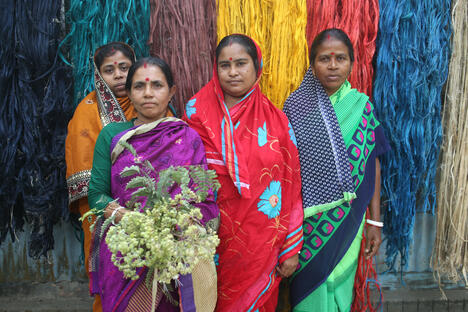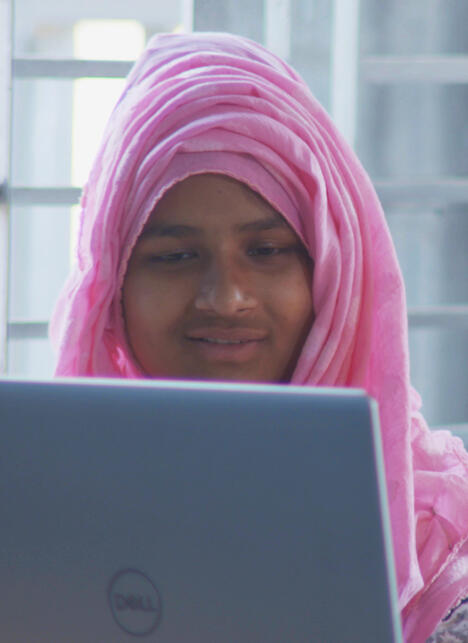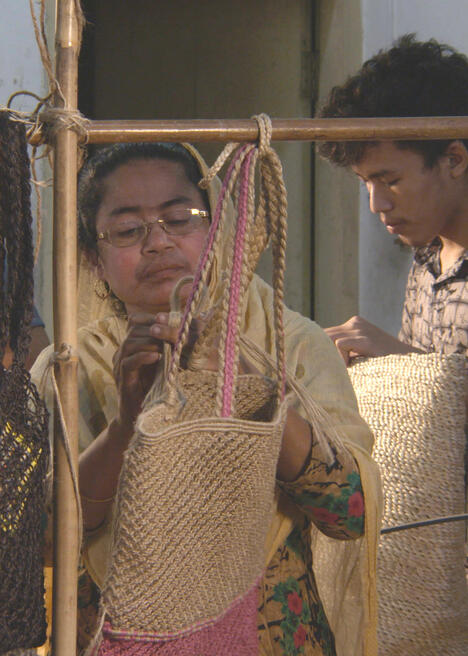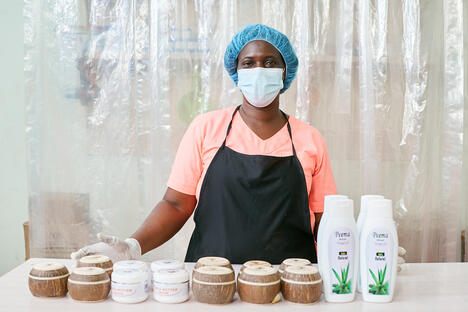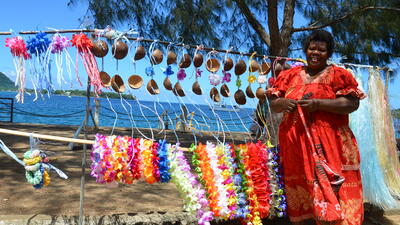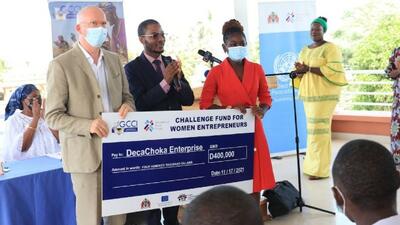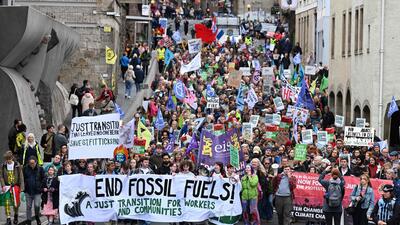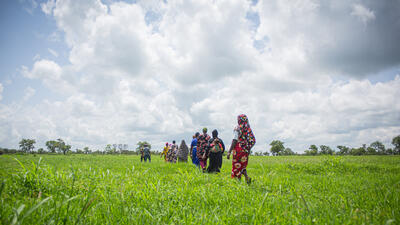
Trade as a lever for Gender Equality
The United Kingdom is committed to promoting gender equality and women’s economic empowerment in the United Kingdom and around the world.
Tackling gender inequality is a core part of the UK Government’s mission. We have prioritized action that places gender equality and inclusion at the center of our COVID-19 response and recovery. This work has been guided by the 3E’s: Educating Girls, Empowering Women, and Ending Violence against women and girls.
Central to the United Kingdom’s work to empower women is increasing women’s ability to access the benefits of trade globally, recognizing the importance of trade as a lever for equality.
Trade: A key driver of economic growth
Trade is a key driver of economic growth, prosperity and development, and a crucial enabler for women’s economic empowerment. Women continue to face significant barriers, and remain underrepresented in international trade, with only 40% of small businesses globally owned by women, and only one in five exporting firms managed by women entrepreneurs.
The United Kingdom is championing women’s economic empowerment in developing countries, in part through its Aid for Trade offer, providing women with skills or mentoring, breaking down gender-specific barriers to trade at the border, and through working with governments and the private sector to improve the business environment for women entrepreneurs.
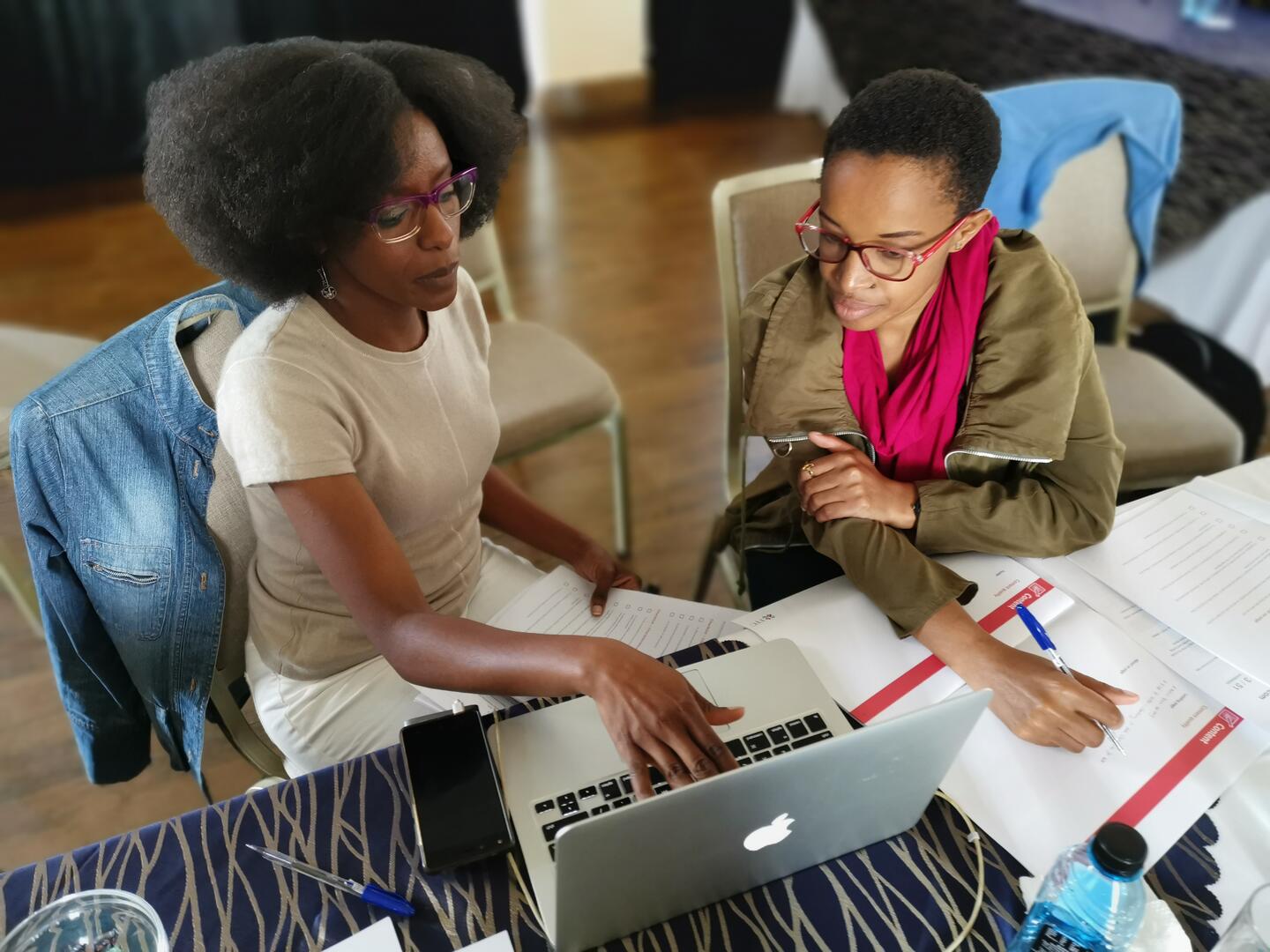
A fruitful collaboration with the International Trade Centre
The United Kingdom has been a proud supporter of the She Trades Commonwealth programme, run in partnership with the International Trade Centre. Since its creation in 2018, SheTrades Commonwealth has:
- directly supported over 3,500 women entrepreneurs and women-owned businesses in Bangladesh, Ghana, Kenya and Nigeria by providing training and coaching in international trade;
- helped to generate over £32 million of sales for those women-owned businesses in sectors ranging from tourism to agri-food and from textiles to IT;
- supported the creation of over 6,600 jobs in those businesses and their supply chains;
- worked with over 90 business support organizations to create an enabling environment for women entrepreneurs to succeed in international trade; and
- launched and rolled-out SheTrades Outlook to 32 countries, which has helped to collect data and best practices on trade policy that affect women entrepreneurs and their business.
Behind these numbers, the programme has had real impact on the ground, creating results that are benefitting women-owned businesses and improving women’s economic empowerment.
SheTrades Commonwealth: Successful examples
One great example of working with the private sector to champion these aims is in Ghana, where SheTrades Commonwealth led a coaching programme in financial management, implemented in partnership with Access Bank. The programme ran over the course of four months and provided 42 women entrepreneurs with resources to improve financial sustainability and propel the growth of their businesses.
In Bangladesh, SheTrades Commonwealth supported the Women Entrepreneurs’ Association to successfully develop their first website. The website made information more accessible for women-owned businesses, and complementary workshops supported members to use these resources. Establishing this central platform was critical in enabling businesses to easily access information on how to manage their business during the COVID-19 pandemic.
These are just two examples of the interventions we have made.
It is through programmes like SheTrades Commonwealth, as well as the United Kingdom’s international partnerships on trade and gender equality, our trade policy and trade agreements, that we will continue to empower women and break down barriers to trade for women entrepreneurs and their businesses. This is not only the right thing to do for gender equality but also essential to unlocking the full economic potential of developing countries.





